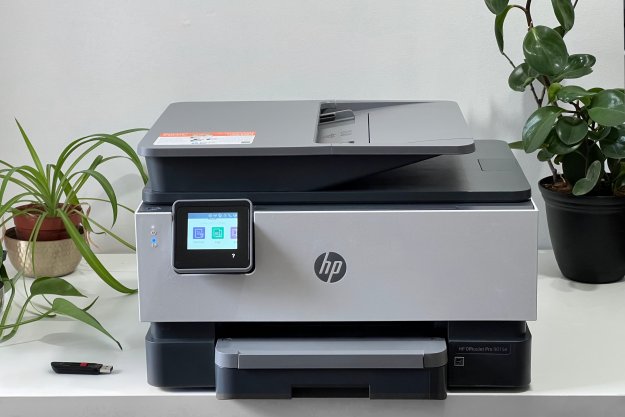
Facebook finds itself in hot waters again. With the now infamous Cambridge Analytica breach still fresh in people’s minds, Facebook has now inadvertently made the private posts of some 14 million users on its network publicly visible.
So rather than being shared with a small group of family and friends, these posts — including photos and videos — were made available for everyone to see. Facebook said the issue has been corrected, and posts that were intended to be shared privately have been recategorized. However, Facebook’s latest misstep comes at a time when the company’s privacy practices have been called into question.
This latest glitch was blamed on a bug that appeared during Facebook’s testing of a new feature.
“We recently found a bug that automatically suggested posting publicly when some people were creating their Facebook posts,”
If you’re affected by this error, Facebook will notify you by Thursday, June 7, with an alert in your notifications.
This latest incident could result in a deception investigation by the U.S. Federal Trade Commission, said Jonathan Mayer, a Princeton University assistant professor of computer science and public affairs. “That’s because the company had promised that the setting users set in their most recent privacy preferences would be maintained for future posts,” ABC News explained. “In this case, this did not happen for several days.”
In addition to the Cambridge Analytica scandal that exposed the personal data of as many as 87 million users of the social network, Facebook was most recently in hot water when it was reported that the company may have shared the data of its users with device manufacturers, including Chinese companies ZTE, Huawei, and Lenovo.
Editors' Recommendations
- How to get your share of Facebook’s $750M settlement
- Facebook bug caused valid coronavirus articles to be marked as spam
- Facebook faces another huge data leak affecting 267 million users


